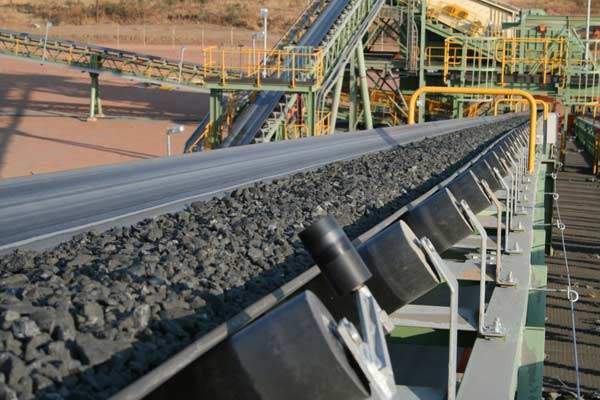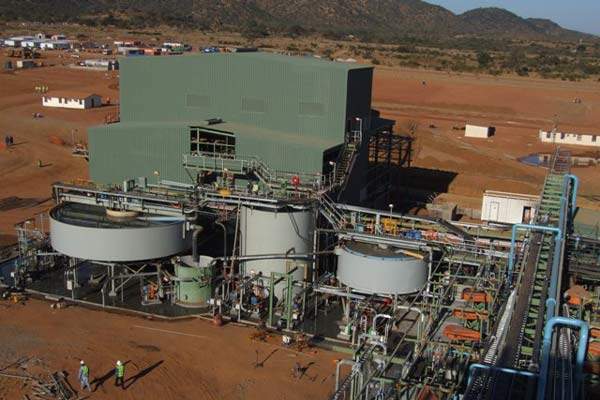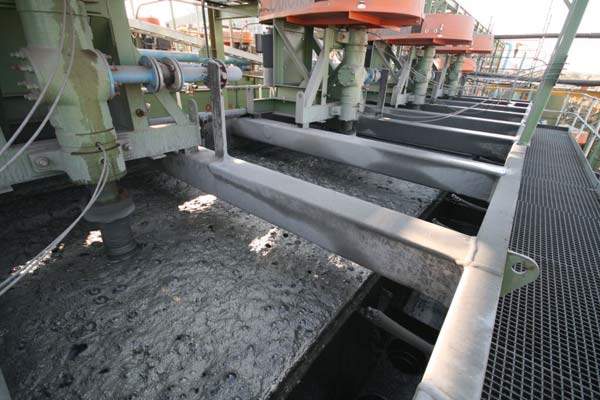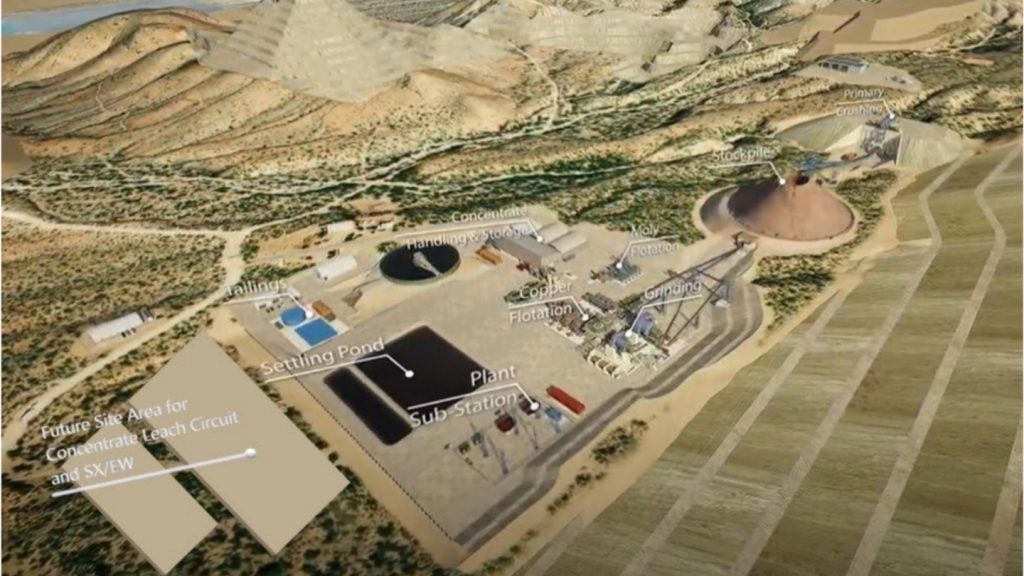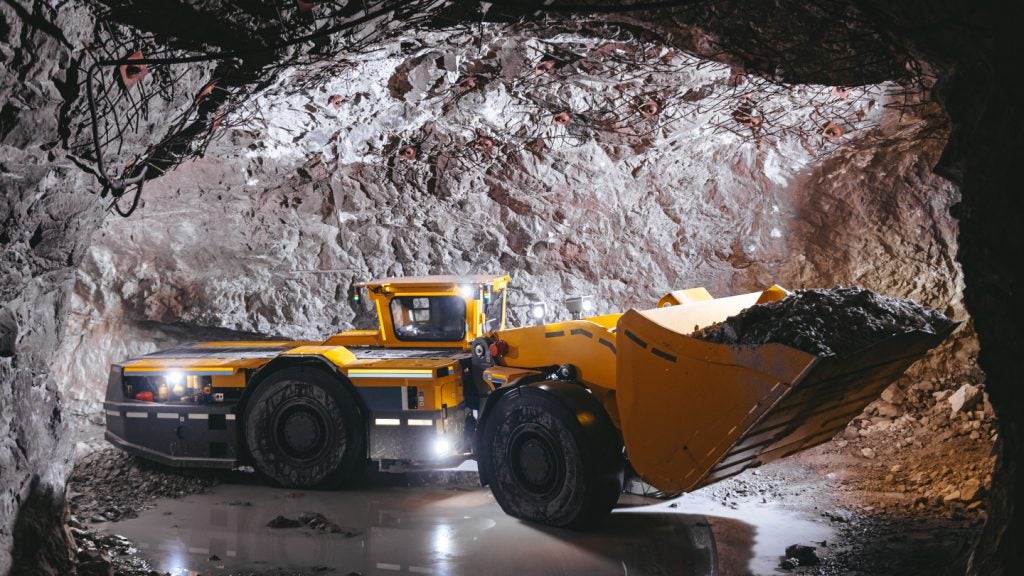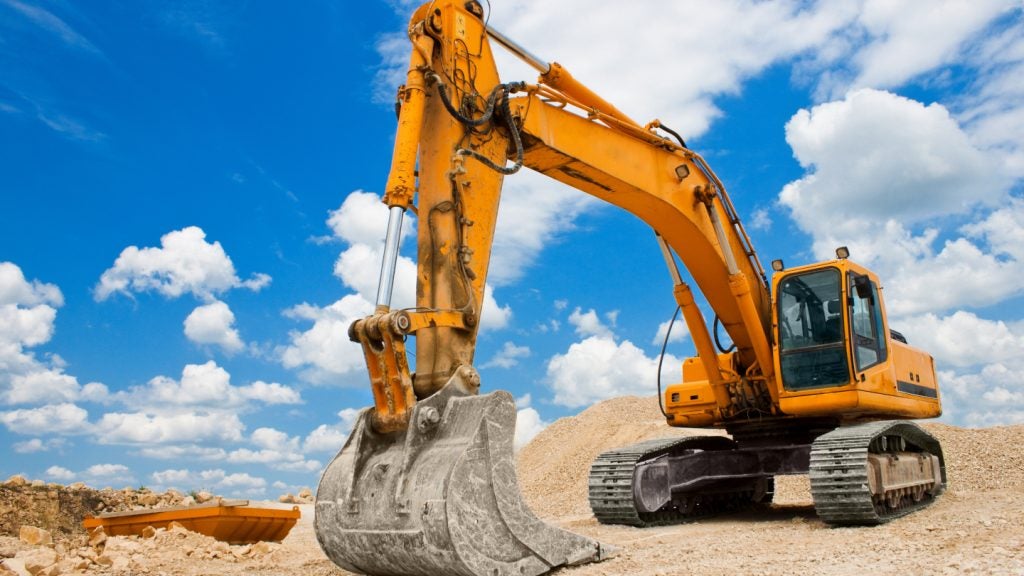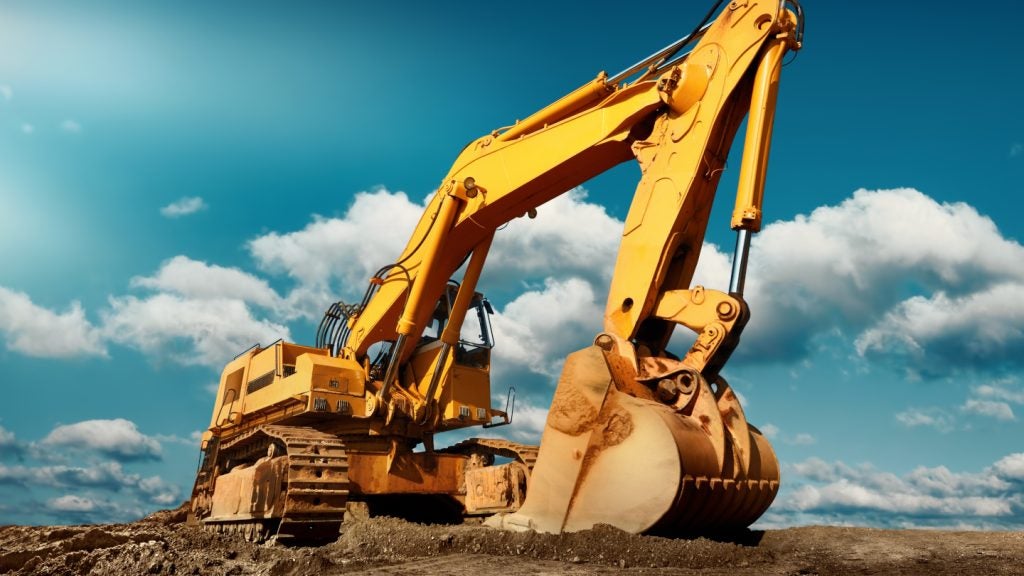The Munali project, located about 70km south of Lusaka in southern Zambia, is the country’s premier nickel mine, beginning production in March 2008.
The project’s previous owner Albidon began development of the mine in September 2006 following a positive feasibility study and the necessary government permits and approvals. The first concentrate for the ten-year project was processed for stockpiling in late June 2008.
Operations were suspended in 2009 because of poor market conditions and the mine was placed on maintenance in 2011 when the nickel price fell in 2011. The principal mining contractor Byrnecut Mining International remained involved in the project and resumed production it in 2010. The project extracted 900,000t of ore per year using long hole open stoping methods.
CNM became new operator of the Munali nickel mine in 2014 and acquired full operational control of the mine and adjacent exploration area in 2015 via a ten-year lease and royalty deal with Jinchuan, with an option to extend it for another ten years. The company invested $50m capital in the project since 2015.
Munali currently exports over 10% high quality Ni concentrate. The mine is expected to generate 3,300t of Ni in 2020, which is anticipated to reach 4,000t in 2021.
Although it is billed as a nickel project, Munali also contains commercial quantities of copper, cobalt and platinum group metals (PGMs).
Geology
The deposit is of the ‘gabbro-hosted’ class of nickel sulphide deposits and, as such, the geology and style of mineralisation are broadly similar to that of other gabbro deposits such as Tati in Botswana and Sally Malay in Australia.
Albidon’s geologists believe that the mineralisation is associated with mafic to ultramafic intrusions that have been emplaced along major regional faults, with the type example being the Munali Gabbro intruded along the Munali Fault.
Resources
The Munali mine was estimated to contain 6Mt of total measured and inferred resources at 1% of Ni, as per BMGS evaluation 2014.
Production
Following an initial ramp-up period through 2008, annual production was scheduled to reach full capacity by early 2009, including 10,000t-10,500t of nickel, 1,650t of copper, more than 480t of cobalt and 18,000oz of PGM from the 1.2Mt/annum underground Enterprise mining operation.
In March 2009, however, mining operations at Munali were suspended, owing to low nickel prices and inability to ramp-up production.
Production resumed on 26 March 2010 after China’s Jinchuan Group invested $37m. The mine produced over 78,000t of ore with 81% nickel quality within three months of resuming production.
The ore is processed through a conventional flotation concentrator that consists of a simple crushing and grinding circuit, rougher, scavenger and cleaner flotation cells, followed by concentrate and tailings thickeners. The end product is a nickel-copper-cobalt-PGM concentrate, which is sold to Jinchuan Group for smelting. Albidon recorded its first revenue from the sale of Munali concentrate in October 2008.
The mine and processing plant deployed at the project has a capacity of 80,000tpm.
The water supply for the project comes partly from an on-site borefield. Also, groundwater inflow into the mine is pumped to the surface storage system for use in the processing plant, and water used to pump tails to the tailing storage facility is returned back to the processing plant for reuse.
Albidon has agreed a ten-year power supply deal with Zambian utility Zesco, in which a 25km, 33kV overhead power line has been built from the hydroelectric substation in Kafue. The average running load for the plant and the mine is estimated at 5MVA.
Financing
The initial project development required more than $180m, which was funded by a mix of debt financing and equity.
Up to $80m of senior debt has been provided by Barclays Capital and the European Investment Bank as joint lead arrangers for the project; the Jinchuan Group, of China, has provided an extra $20m in subordinated debt.
The equity funding consists of $40m raised from Albidon shareholders, $15m from the Jinchuan Group and $10m from ZCCM Investment Holdings plc. The Jinchuan Group has a life-of-mine offtake agreement with Albidon for Munali, and its share of the funding is part of the agreement.

